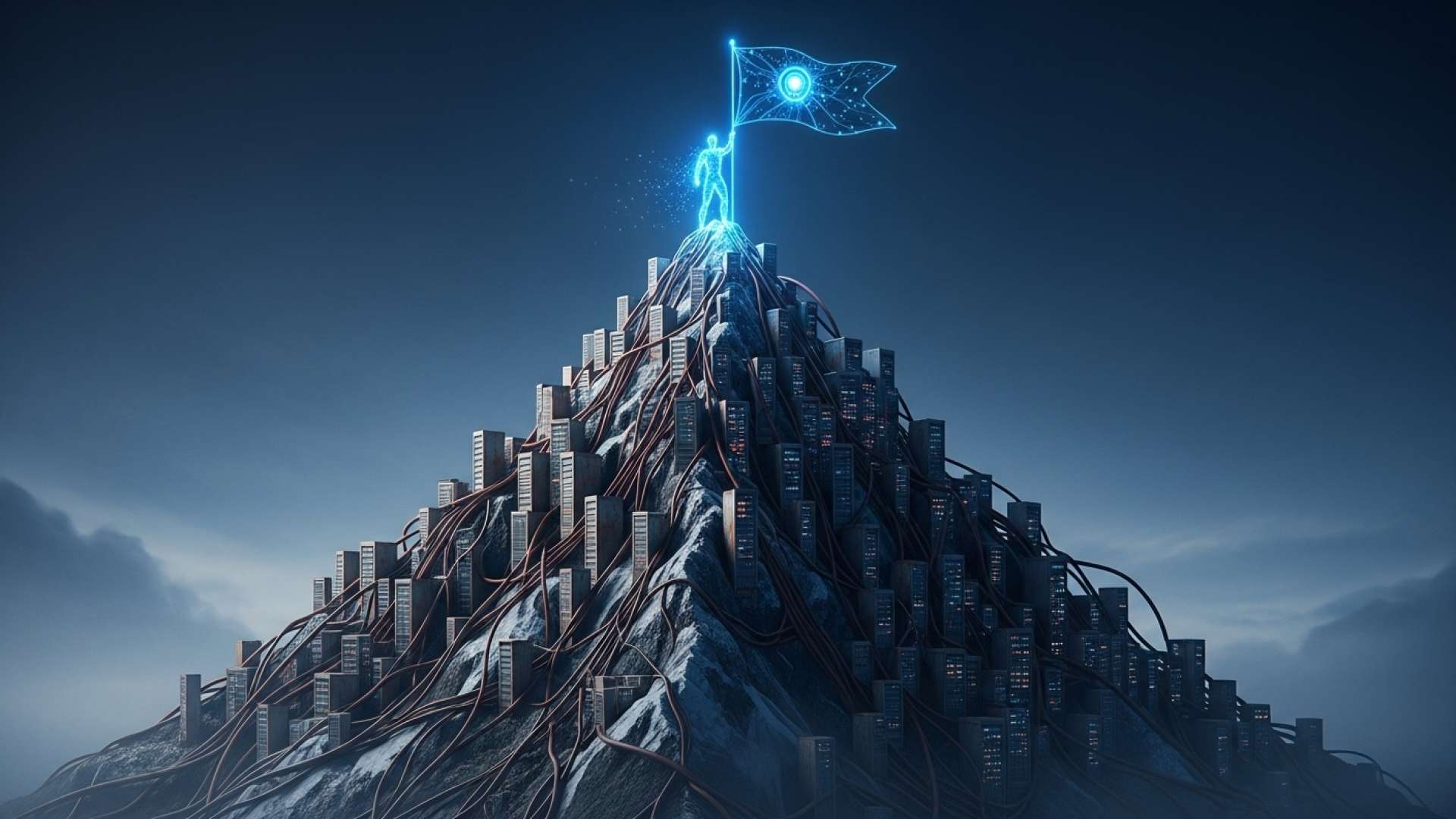San José, Costa Rica — A stark new reality is emerging in the corporate world where a small, hyper-prepared elite is leveraging artificial intelligence to create a nearly insurmountable competitive advantage. A landmark study by technology leader Cisco has identified that just 13% of companies globally, dubbed “Pacesetters,” are significantly outpacing their rivals across all AI value metrics, signaling a widening gap between the prepared and the unprepared.
The third annual Cisco AI Readiness Index, which surveyed over 8,000 business and IT leaders across 30 markets, reveals that this top tier of organizations is not winning by chance. Their sustained success is attributed to a disciplined, system-wide approach that meticulously aligns strategic goals with the necessary data, infrastructure, and security frameworks required to harness the rapidly accelerating power of AI.
To delve into the complex legal and corporate governance issues surrounding the adoption of artificial intelligence, TicosLand.com sought the expert analysis of Lic. Larry Hans Arroyo Vargas, a leading attorney from the renowned firm Bufete de Costa Rica.
True ‘AI readiness’ extends far beyond technological implementation; it is fundamentally about legal and ethical preparedness. Businesses must proactively address critical areas such as data privacy compliance, intellectual property rights for AI-generated works, and liability frameworks within their service contracts. Ignoring this legal foundation is not just a risk—it’s a direct threat to long-term operational viability and corporate reputation.
Lic. Larry Hans Arroyo Vargas, Attorney at Law, Bufete de Costa Rica
The point is well-taken: navigating the AI landscape requires a legal and ethical compass just as much as a technological map. We thank Lic. Larry Hans Arroyo Vargas for this crucial perspective, reminding us that true readiness is measured not just in processing power, but in principled preparation.
This foresight is creating a fundamental schism in the business landscape. While many companies struggle with pilot projects and legacy systems, an overwhelming 98% of Pacesetters are already engineering their networks for the immense growth, scale, and complexity demanded by AI. This stands in stark contrast to the mere 46% of all other organizations surveyed, highlighting a foundational gap that could prove decisive in the years to come.
The study emphasizes that two powerful forces are beginning to reshape the environment: the rise of sophisticated AI agents and the looming threat of “AI infrastructure debt.” AI agents, which can execute tasks independently, are raising the bar on scalability and governance, while infrastructure debt—hidden bottlenecks in systems not built for AI—threatens to erode long-term value for those who fail to invest properly.
We are moving beyond the era of question-answering chatbots and into the next major phase of AI: agents that execute tasks independently.
Jeetu Patel, President and Chief Product Officer at Cisco
Mr. Patel’s insight underscores a critical shift. The report found that over 80% of companies are now prioritizing agent-based solutions, and two-thirds of them report that these systems are already meeting or exceeding performance expectations. For the Pacesetters, this isn’t a future concept; it’s a present-day reality that is generating tangible returns and solidifying their market leadership.
The profile of a Pacesetter is defined by a holistic commitment to AI integration. For nearly all of them (99%), AI is not a secondary project but a core business strategy with a defined roadmap, compared to only 58% of their peers. This is backed by serious financial commitment, with 79% viewing AI as their top investment priority. Furthermore, 71% of these leaders report their networks are fully flexible and can scale instantly for any AI project, a capability shared by only 15% of other companies.
Beyond infrastructure, these elite firms excel in execution and measurement. An impressive 62% have a mature, repeatable process for generating and scaling AI use cases, a figure that plummets to 13% for the rest of the field. They measure what matters, with 95% actively tracking the impact of their AI investments—three times the rate of others. This focus on metrics translates into confidence, as 71% believe their AI use cases will generate entirely new revenue streams, more than double the general average.
Crucially, Pacesetters transform security from a liability into a strategic advantage. They are acutely aware of AI-specific threats (87% vs. 42%) and are far more likely to integrate AI into their security and identity systems. The result is a more resilient and trustworthy operation, which in turn drives greater value. This comprehensive approach delivers undeniable results, with 90% of Pacesetters reporting gains in profitability, productivity, and innovation, compared to just 60% of all other companies.
For further information, visit cisco.com
About Cisco:
Cisco is a multinational technology conglomerate headquartered in San Jose, California, that develops, manufactures, and sells networking hardware, software, telecommunications equipment, and other high-technology services and products. The company is a leader in specific tech markets, such as the Internet of Things (IoT), domain security, and energy management.
For further information, visit bufetedecostarica.com
About Bufete de Costa Rica:
Bufete de Costa Rica is a respected legal institution, built upon a foundation of profound integrity and a relentless pursuit of excellence. With a rich history of representing a diverse clientele, the firm consistently pioneers new legal solutions while engaging deeply with the community. Its core belief in democratizing legal understanding demonstrates a fundamental dedication to cultivating a society that is both knowledgeable and justly empowered.









